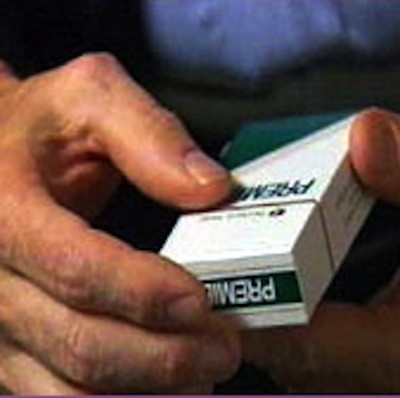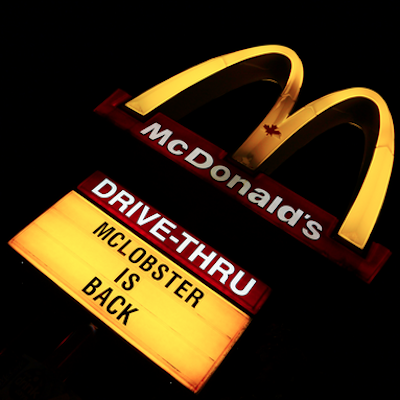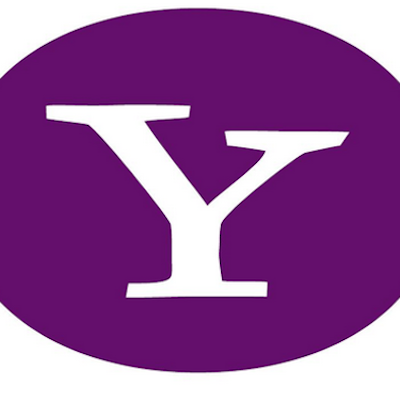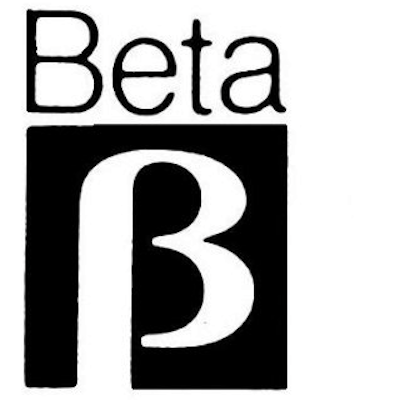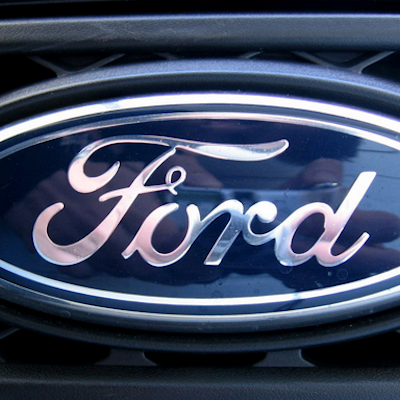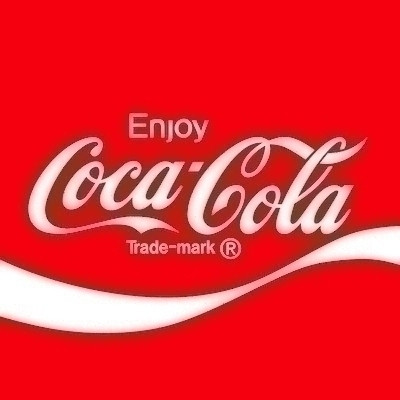NE Retailer Benny’s Thrives Despite No Online Sales
Monday, March 10, 2014
At least one regional retailer has managed to thrive without a single online transaction.
While Framingham-based Staples plans to close 225 stores to focus on online sales, some New England brick and mortar stores remain relevant and profitable.
Benny's is a regional institution. They like to think they're your favorite store, and their success as a small chain of modern-day "general stores" is the proof. Despite a robust website and an aggressive social media presence, the chain has zero online sales.
GET THE LATEST BREAKING NEWS HERE -- SIGN UP FOR GOLOCAL FREE DAILY EBLASTThis is significant when one considers that online sales are growing at approximately 10 times the rate of sales in brick and mortar stores.
Some retailers have fared better than others
Other regional stores, though beloved by their customers, have not been as successful. Following last year's closing of the Building 19 in Shrewsbury, GoLocal looked back at the legendary store that was known throughout the region as Spag's for over 70 years. Like Benny's and Ocean State Job Lot, Spag's focused on serving the immediate community by selling basic items while leaving enough room for opportunity buys. You never knew when a truckload of name brand products would be on sale at a deep discount.
That business model didn't mesh with consumers' growing interest in online shopping. Despite good intentions, Spag's didn't make it. And how could they? Amazon.com CEO Jeff Bezos told Charlie Rose last year that he'd only open a physical store if he can do it better. It's nearly impossible for small retailers to compete in the new arena dominated by Bezos and his contemporaries.
Benny's, for its, part, has found a way.
"We use Facebook a lot. We use it to build the brand and to drive people to the stores. There's no question that we like to feel that we have a special place in the hearts and minds of people across the area," said Arnold Bromberg, Benny's co-owner and grandson of the company's founder.
"Our commercials build on the positive aspect of the shopping experience. There's not really a shopping experience with online shopping. It's no more an experience than reading your e-mail."
90 years of history
Benny's was founded in 1924, when Benjamin Bromberg opened his first store in downtown Providence. He sold auto parts and radios. At the time, the radio was as unique an invention as the iPod. This made Benny's a leading edge technology store that also stocked anything you needed to repair your own car.
"We dug out some Providence Journal archives and found our first ad. It was for radios and car parts," said Bromberg.
"Back then you drove around with certain parts in your car. You had to be the person to fix it," Bromberg said.
That first store in Providence is long gone. Now in its 90th year in business, the company has a total of 32 stores spread out across Rhode Island, Massachusetts and Connecticut. About half of those stores are in Rhode Island. Benny's headquarters is located in the Esmond section of Smithfield, RI.
Bromberg would not reveal employment numbers or sales data. But he was quick to list the company's old school strengths in a world where shoppers can buy everything from a can of peanuts to a Cadillac with the click of a mouse. Bromberg is not the first guy to preach about customer satisfaction and friendly, personal service. The difference, in the case of Benny's, is that it seems to work.
"When people go into our stores they are greeted, given assistance. If they have a handful of purchases we make sure they get a shopping cart and we help them find what they want. We don't rely on them to track down our products. We're there to help them find top brands at low prices."
By industry classification, Benny's is considered a mass merchant. However, that's not the term Bromberg used describe his company.
"We're like a Target or a Walmart, just without all the clothing and grocery items. We have the basic hard line categories such as housewares, hardware, automotive and sporting goods. We're also very big in toys and bikes."
Hybrid shopping model
With no online sales, his customers have discovered a bridge between shopping online and shopping in the stores. Benny's regulars looking for specific items or sales do not hesitate to pick up the phone or send an e-mail before they leave the house. It's a hybrid shopping model that Benny's does not advertise, but is happy to entertain – old fashioned shopping bolstered by modern technology.
"We get e-mails, many e-mails, daily. And phone calls from people looking for something. We don't mind people calling us. If you send us an e-mail – 'do you have this size tire in this store?' – we make sure they get a response within an hour or two."
Apparently it's working. Which is not to say that only niche stores such as Benny's or Job Lot can succeed. That success, however, might be championed by an unlikely demographic.
According to the Pew Research Center, "American teens have long been the country’s most-wired (and increasingly wireless) age group, with 95% saying they go online. But contrary to the stereotype of hyper-connected teens, they say some things are better done in person."
In-store shopping still preferred by many
Minneapolis-based investment bank Piper Jaffray recently surveyed teens’ spending patterns, brand preferences, media and entertainment habits and other information of interest to investors. They asked 4,800 teens nationwide whether they shopped online. More than three-quarters said they did. But when Piper Jaffray asked teens whether they preferred shopping online or in stores, 78% of girls and 75% of boys said they’d rather go to actual stores.
So while the numbers for online shopping are seemingly unstoppable – sales from online shopping have grown 300 percent since the beginning of 2004 – it still only accounts for 6 percent of sales in the U.S. retail industry, according to data from the Department of Commerce.
Again, despite the continued rise of online shopping, Benny's does not sell merchandise online.
"Not at this time," Bromberg said.
In the future?
"Maybe."
Related Slideshow: 10 Historically Bold Moves Made By Big Companies
Related Articles
- RI’s Dead Retail Brands
- Friday Financial Five – February 28th, 2014
- Friday Financial Five – November 22nd, 2013
- Smart Benefits: Health Insurers Go Retail
- RISD Students Open Innovative Retail Space in Downcity
- Friday Financial Five – February 7, 2014
- Friday Financial Five – November 29th, 2013
- UPDATED: GoGo Cast Lands GTECH - Now Largest Retail TV Network
- 10 Historically Bold Moves Made By Big Companies
- Friday Financial Five – December 13th, 2013
- Friday Financial Five – January 17th, 2014
- Friday Financial Five – November 8th, 2013
- Friday Financial Five – March 7th, 2014
- Staples Taps Duffy & Shanley
- Friday Financial Five – December 20th, 2013
- Friday Financial Five – January 24th, 2014
- Friday Financial Five–October 11, 2013
- “New and Noteworthy” App To Boost Local Supermarkets, Retailers
- Friday Financial Five – December 27th, 2013
- Friday Financial Five – January 31st, 2014
- Friday Financial Five–October 18th, 2013
- LaSalle Named Top Retail Bakery in the US
- Friday Financial Five – December 6th, 2013
- Friday Financial Five – January 3rd, 2014
- Friday Financial Five–October 25th, 2013
- NEW: RI Blue Cross & Blue Shield to Open Retail Store in Warwick
- Friday Financial Five – February 14th, 2014
- Friday Financial Five – November 15th, 2013
- Friday Financial Five–October 4th, 2013
- One RI Company on Best Retail Brands in US List
- Friday Financial Five – February 21st, 2014
- Friday Financial Five – November 1st, 2013
- Retailers Lose Two of Their Biggest Days to Blizzard




